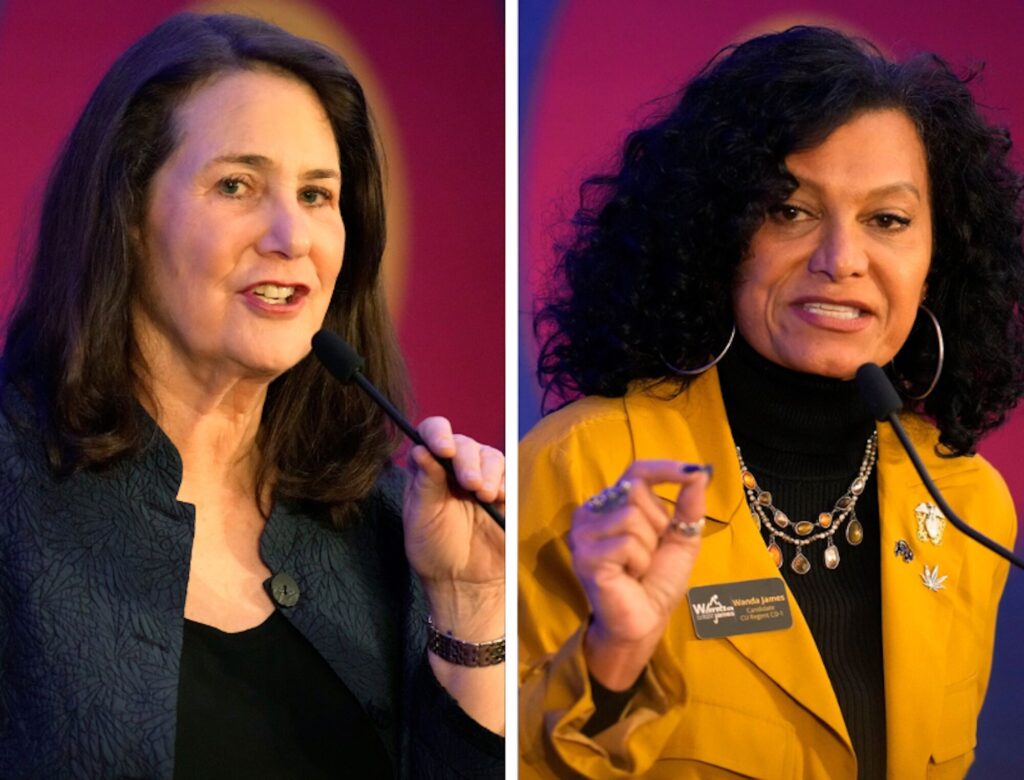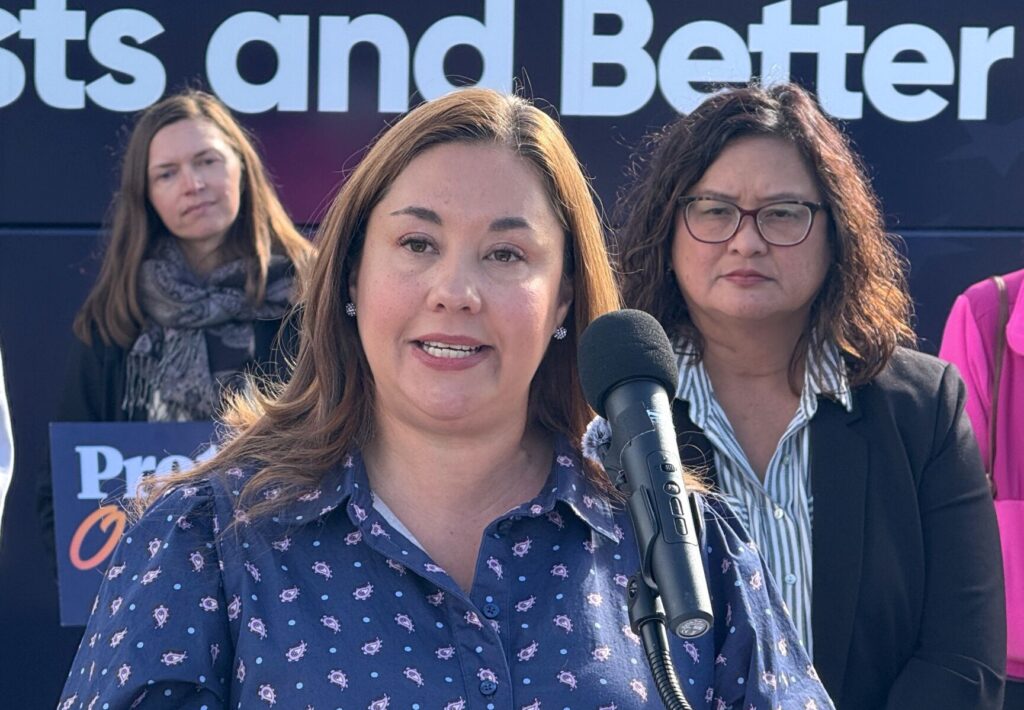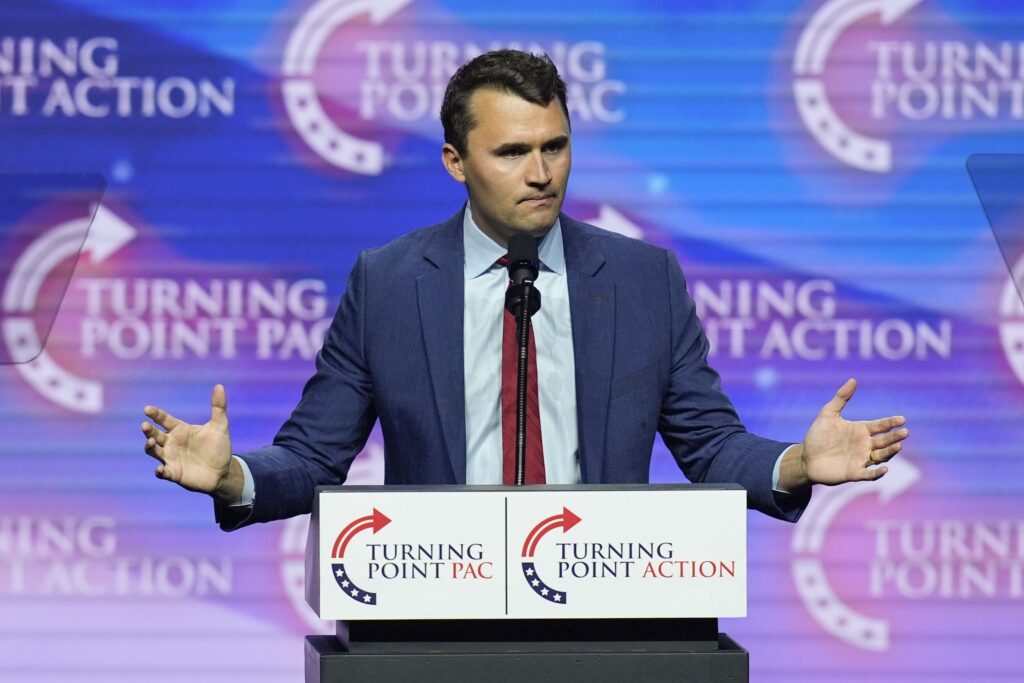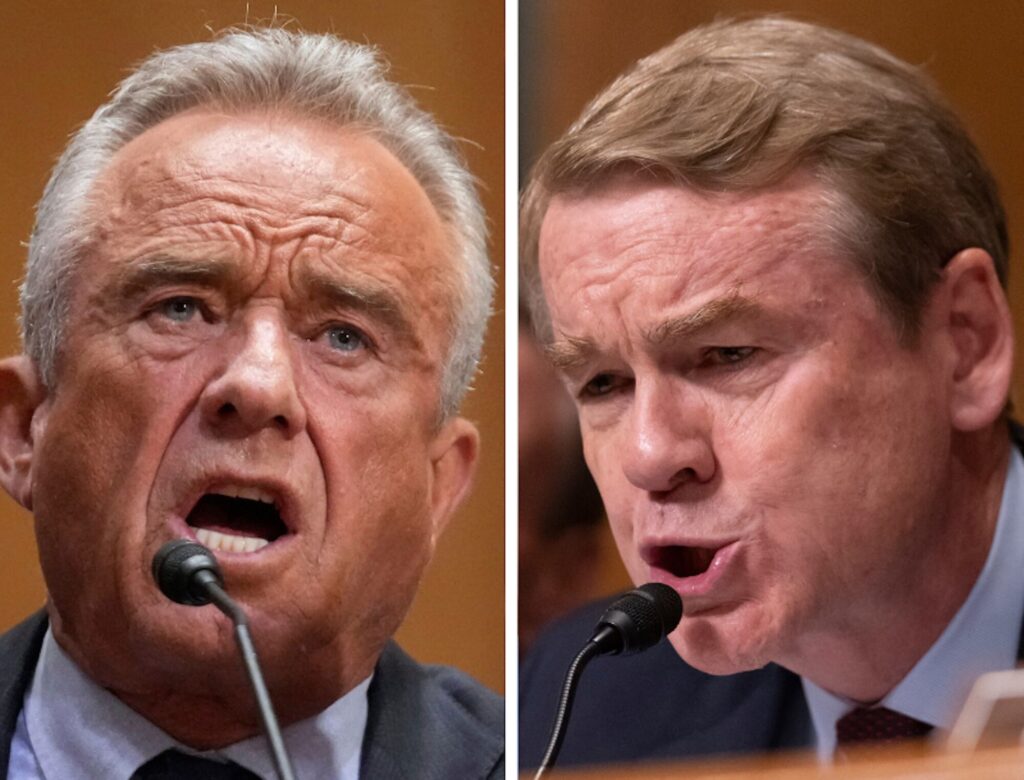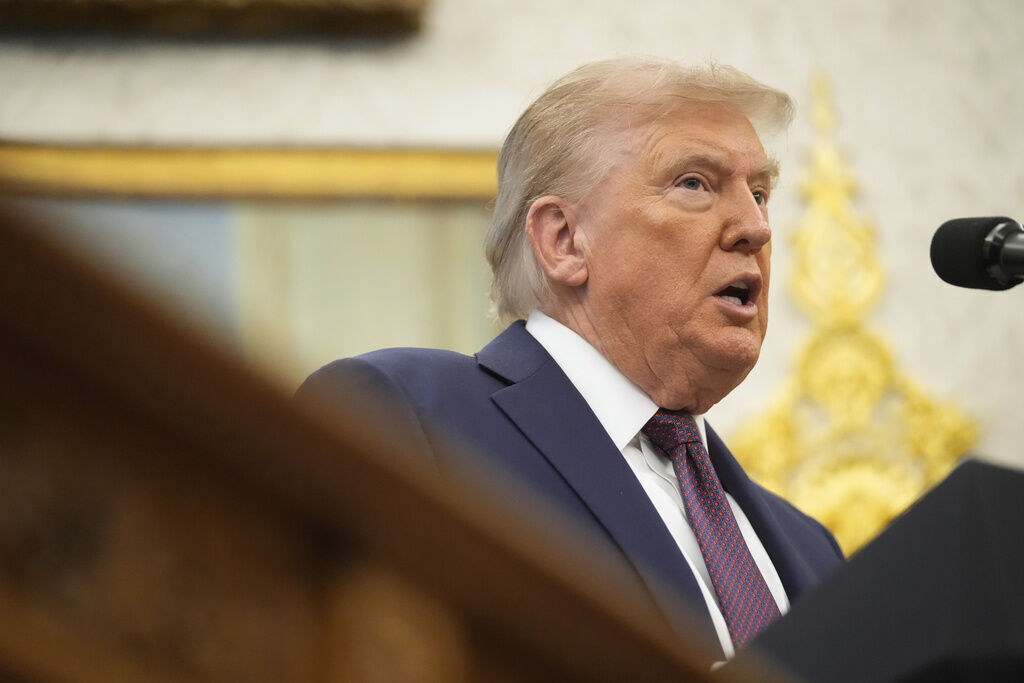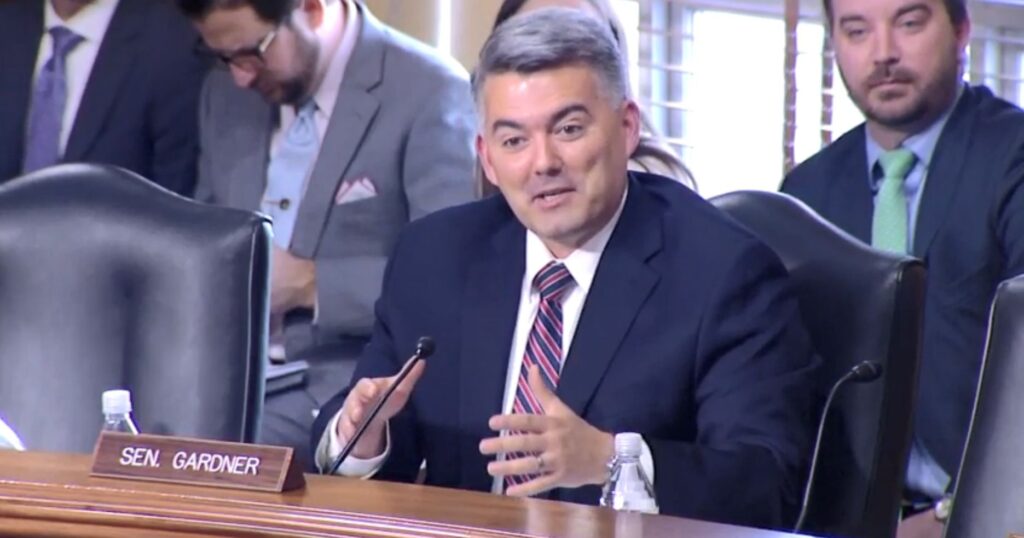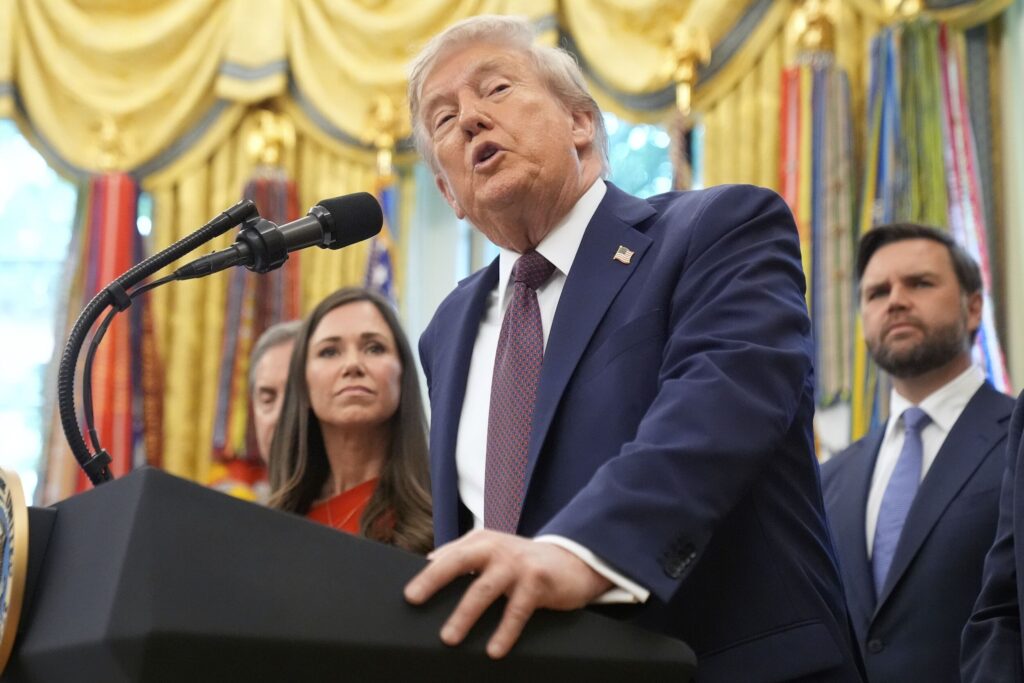Truth over ratings: The cost of clickbait politics hurt ‘the media’
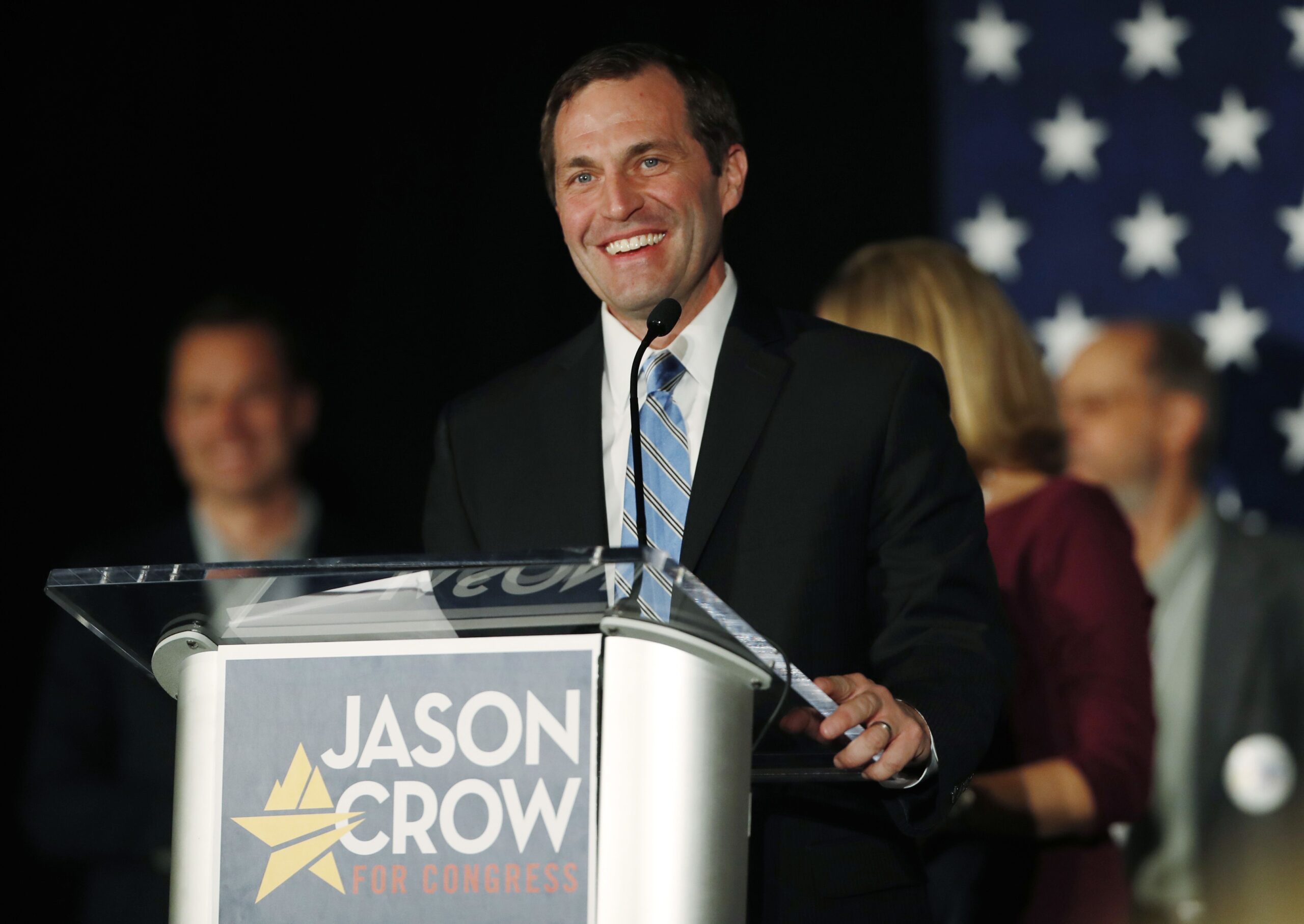
Over the past decade, as political violence and threats have increased, the media has faced growing criticism—often alongside elected officials, political parties, activists, and other groups.
However, defining “the media” is complicated. Traditional news outlets now compete with influencers, online personalities and citizen journalists who have built large audiences on social media and on other platforms. This has led to more sensationalized news aimed at getting clicks, and a business industry where “fake news” is profiting.
Jeremiah Castle, an associate professor of political science at Metropolitan State University of Denver, said the broad media landscape has amplified politicians’ tendency to engage in what is essentially “political theater.”
“There are a lot of sessions of Congress where most members are not actually sitting in the chamber, and we have these extended debates that you see on C-Span,” Castle said. “But what a lot of people don’t realize is that often the chamber is empty, and the members are speaking knowing that they’ll be on TV, and the incentive is to say something polarizing and shocking to get a sound bite reported on the nightly news.”
Democratic U.S. Rep. Jason Crow said Castle is not wrong, noting that oftentimes outside the Capitol in Washington, D.C., where a pool of reporters gathers, they aren’t interested in a lawmaker talking policy and speaking calmly.
“When the crazy members walk up, that gaggle flocks to them because they know they’re going to say something sensational and wild,” Crow said. “Well, that’s not helping.”
Kyle Clark of Denver’s Channel 9News told Colorado Politics that he regularly faces blame and even threats. As a journalist, he says he must balance professional responsibility with concern for his and his family’s safety.
“A good journalist is self-reflective every day and open to constructive criticism,” Clark said. “We have to serve the community like anyone else. That means listening to what people want, what they understand, and where they need more context.
“Ultimately, we try to encourage people to embrace the truth—even when it challenges their own views. That, to me, is how we begin to break through polarization: by acknowledging facts, even when they’re inconvenient.”
However, finding truth and facts is not so easy for the average citizen these days. To some degree, Castle said, citizens need to be more responsible and not just take a headline or social media post as fact, urging more research.
In the media, Castle said finding an off-ramp to change course in the country’s divisive political climate is tough when many Americans have become accustomed to following “a relatively one-sided perspective.”
Democrats tend to follow MSNBC and CNN, while Republicans watch Fox News, he said.
“I think there’s a lot of feeling amongst political scientists that one important piece of the pie is media literacy, and that can mean a lot of different things, but at least one thing that it means for voters and citizens is thinking about where you’re getting your news, and being aware of the biases of the news organization that you are choosing,” Castle said. “It’s important to consider exposing yourself to a wider variety of news, with the caveat that you’ve got to make sure that it’s real news and not these websites that are oriented towards creating clickbait and, taking advantage of the psychological predisposition of people to believe fake news if it seems to advantage their preferred party.”
Castle said fake news is growing partly because it’s profitable. Media producers know that emotionally charged content, especially outrage, keeps people engaged. This not only deepens political divisions but also boosts voter turnout and party loyalty. The strong economic incentives are also driving the rise of AI-generated and deepfake-style fake news, he said.
Clark said in his experience, it’s interesting to see how people associate all commentary and opinion in journalism with what they see on cable news.
“The cable news model of commentary and opinion is to throw red meat or blue meat to the base to get people ginned up to confirm their position and get them nodding along, not questioning what they believe, but get them nodding along,” Clark said. “The commentary that we try to do on 9News is to encourage people to reconsider what they might be thinking.”
Clark said he prompts anyone quietly supporting political violence to reconsider — because the idea that Charlie Kirk’s assassination doesn’t impact everyone, including people in Colorado, is simply wrong. Kirk, a conservative public figure, was assassinated at a college campus in Utah on Sept. 10.
“Nobody is safe if we live in a country where people think that violence solves problems,” Clark said. “So, commentary that encourages people to reconsider what they think, versus commentary that just gins people up and makes people angry—They are two very different things.”



